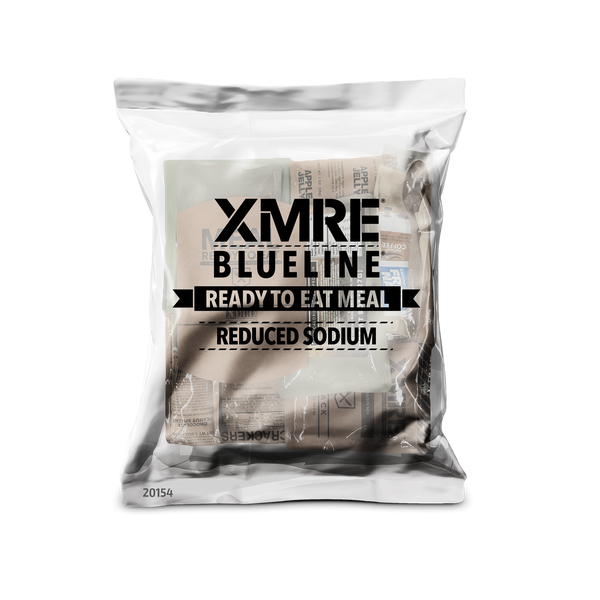The Israeli-Palestinian conflict, with its complex history and deeply rooted tensions, has been a topic of global concern for decades. At the heart of this long-standing conflict is the ongoing struggle between Israel and Hamas. In this blog, we will attempt to provide a neutral perspective on the Israel-Hamas conflict and discuss how Meal Ready-to-Eat (XMREs) can play a humanitarian role in the region.
Understanding the Israel-Hamas Conflict
The Israel-Hamas conflict is a protracted struggle between Israel, a sovereign state in the Middle East, and Hamas, an organization that controls the Gaza Strip. The roots of this conflict can be traced back to historical, political, and territorial factors, including the Israeli occupation of Palestinian territories, border disputes, and deep-seated religious and cultural differences. Over the years, the conflict has resulted in violence, suffering, and loss of life for both Israelis and Palestinians.
The Role of XMREs
In the midst of this ongoing conflict, humanitarian aid becomes a critical factor. XMREs, or Meal Ready-to-Eat, can play a significant role in providing essential sustenance to those affected by the conflict. These are pre-packaged, self-contained meals designed for use in challenging environments, including military and disaster relief operations. Here's how they can contribute to the humanitarian efforts in the region:
-
Stability and Sustenance: In conflict zones like Gaza, access to stable food sources can be limited due to the constant threat of violence. XMREs are designed to be shelf-stable and nutritionally balanced, making them ideal for providing sustenance to those who may not have regular access to food.
-
Ease of Distribution: XMREs are compact and come with all necessary utensils and heating elements, making them easy to distribute to those in need. This can be especially important in areas where traditional food distribution methods may be unsafe or impractical.
-
No Preparation Required: XMREs require no cooking or preparation, which can be critical in emergency situations where access to cooking facilities may be limited or dangerous.
-
Customizable Options: These meals often come in various menu options, catering to dietary preferences and restrictions, which can help ensure that a diverse group of people can be provided with food.
-
Reduced Waste: XMREs are designed to minimize waste and are often environmentally friendly. In situations where waste management is a challenge, this can be a significant advantage.
Conclusion
The Israel-Hamas conflict is a deeply rooted and complex issue with no easy solutions. However, in the midst of this challenging environment, humanitarian assistance, such as XMREs, can provide a lifeline for those affected by the conflict. These self-contained, ready-to-eat meals are not a solution to the conflict itself but can help address the pressing issue of food security for those living in conflict zones. In any conflict, the importance of humanitarian aid and the preservation of human life cannot be overstated, and it is crucial that all parties involved prioritize the well-being of the civilian population.

Leave a comment
This site is protected by hCaptcha and the hCaptcha Privacy Policy and Terms of Service apply.